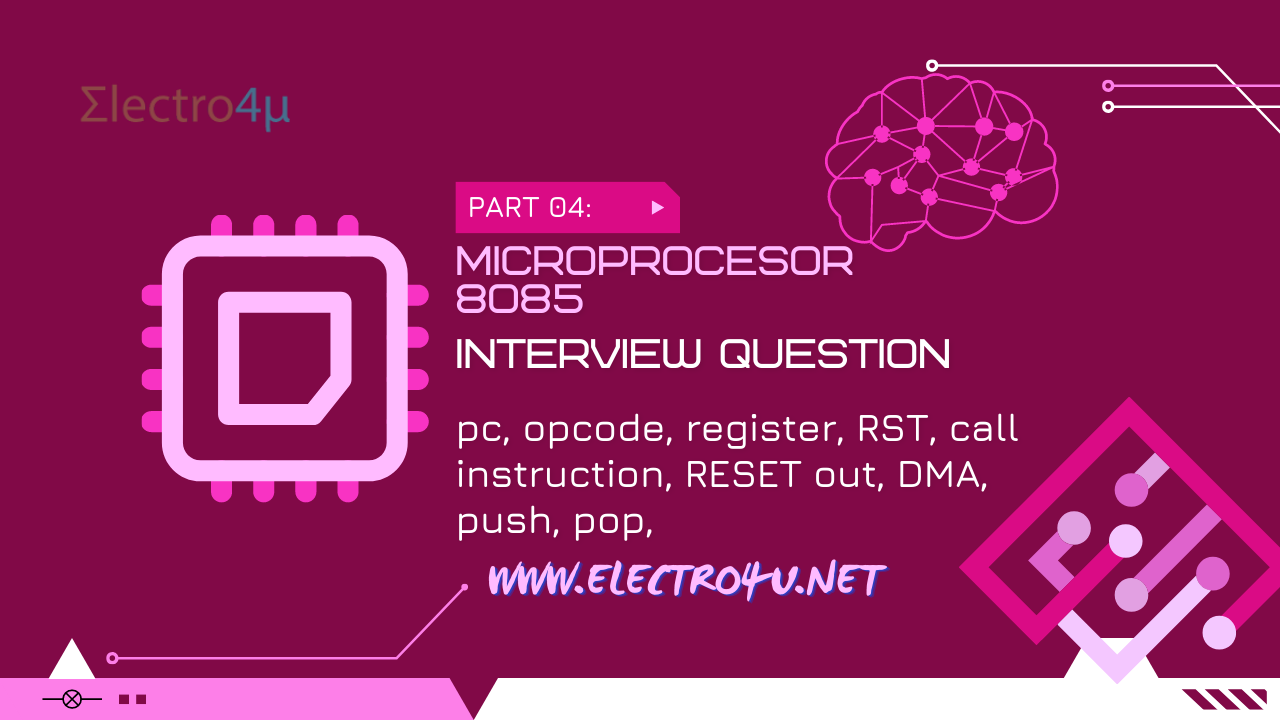
Mastering Blockchain Development: Step-by-Step
Blockchain Development: A Step-by-Step Guide
Welcome to our comprehensive guide on blockchain development. Whether you're a seasoned developer or just starting out, this guide will walk you through the essential steps to build applications on the blockchain.
Step 1: Understanding Blockchain Fundamentals
Blockchain is a decentralized ledger that records all transactions across a network of computers. To get started, it's crucial to grasp the core concepts and principles that underlie this revolutionary technology.
Step 2: Choosing a Blockchain Platform
Selecting the right platform is pivotal. Consider factors like consensus mechanisms, scalability, and community support. Popular options include Ethereum, Hyperledger, and Binance Smart Chain. We'll help you make an informed decision.
Step 3: Setting Up a Development Environment
Prepare your development environment by installing the necessary tools and frameworks. This step ensures you have everything in place to start building on the blockchain.
Step 4: Writing Smart Contracts
Smart contracts are self-executing contracts with predefined rules. Learn the programming languages commonly used for smart contract development, such as Solidity, and gain hands-on experience with code snippets and examples.
Step 5: Testing and Debugging
Testing your smart contracts is crucial to ensure they function as intended. Discover best practices for testing and debugging to catch and resolve issues early in the development process.
Step 6: Deployment and Integration
Learn how to deploy your smart contracts on a blockchain network and integrate them with existing systems. This step brings your application to life on the blockchain.
Step 7: Security Considerations
Security is paramount in blockchain development. Understand common vulnerabilities and implement best practices to safeguard your applications against potential threats.
Step 8: Scaling and Optimization
Explore strategies for scaling blockchain applications and optimizing their performance. This step is crucial for ensuring your application can handle a growing user base.
Benefits of Blockchain Development
- Decentralization: Reduce reliance on central authorities.
- Transparency: All transactions are recorded on the public ledger.
- Security: Transactions are cryptographically secured.
- Immutable Record: Once recorded, data cannot be altered.
- Cost Efficiency: Eliminate intermediaries and associated fees.
Ready to Dive In?
Whether you're looking to build decentralized applications, explore smart contracts, or simply gain a deeper understanding of blockchain technology, this guide has you covered. Get started on your blockchain development journey today!

